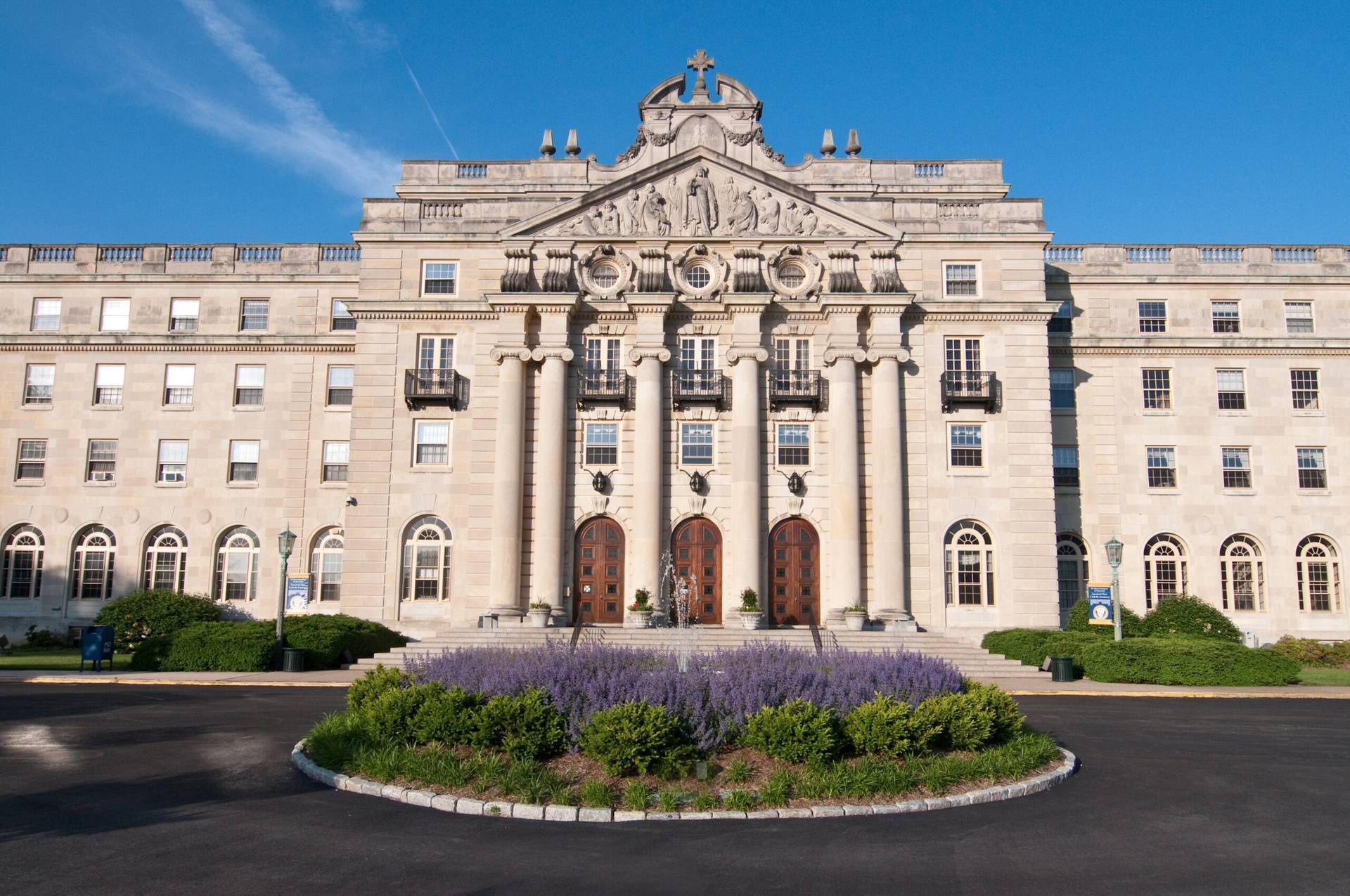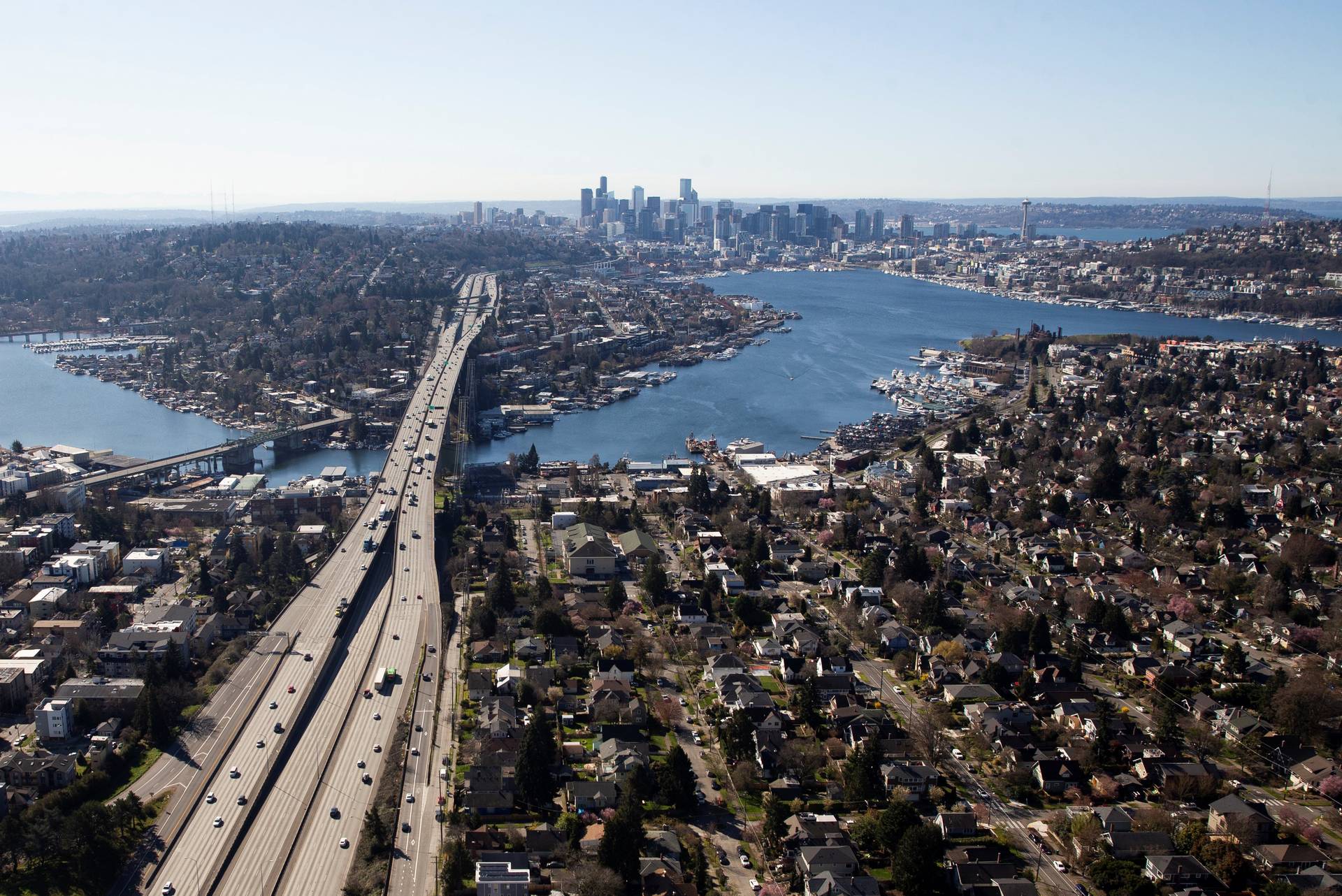On the same day the U.S. Supreme Court delivered a ruling on a religious freedom case that’s been hailed by Catholic leaders, other Church officials are decrying a separate decision that upheld at least parts of the Trump administration’s ban on travel by people from six majority-Muslim nations who have no ties to the United States.
“Today’s decision will have human consequences,” said Bishop Joe S. Vásquez of Austin, Texas, chair of the of the U.S. Conference of Catholic Bishops’ Committee on Migration.
“While my brother bishops and I appreciate the court’s ruling to allow individuals who have a ‘bona fide relationship’ with a person or entity in the United States to continue arriving, we are deeply concerned about the welfare of the many other vulnerable populations who will now not be allowed to arrive and seek protection during the proscribed pause, most notably certain individuals fleeing religious persecution and unaccompanied refugee children,” he said.
“Going forward, as the Administration begins its review of the refugee program, we urge a transparent, efficient and timely review,” Vásquez said. “We ask that such review include civil society and refugee service providers as well as national security and immigration experts. We believe it is vital to utilize the full expertise of the existing resettlement program when conducting such an important evaluation.”
Catholic Relief Services, the official overseas development arm of the U.S. bishops, was similarly critical.
“This ruling will devastate some of the most vulnerable people in the world, innocent people who are fleeing the exact kind of violence that this executive order seeks to protect against,” said Bill O’Keefe, vice president for government relations and advocacy.
“The facts tell us that these refugees already undergo significant vetting – more than anyone who enters the United States – and none has gone on to commit acts of violence,” O’Keefe said.
Monday’s unsigned decision found that parts of the travel ban, specifically those which exclude any person lacking a “bona fide relationship with any person or entity in the United States,” may take effect until the Supreme Court hears oral arguments on the case this fall.
The court, however, left the ban on hold for people who do have such a relationship, which actually includes most of the plaintiffs in the case which was before the court. Examples of such a relationship, according to the court, include foreign students accepted at a U.S. university and foreign workers hired by a U.S. company.
The partial ban, which affects applicants from Iran, Libya, Somalia, Sudan, Syria and Yemen, could be back in effect within as little as 72 hours.
In a statement released after the ruling, President Donald Trump called it “a clear victory for our national security.”
“As President, I cannot allow people into our country who want to do us harm,” he added. “I want people who can love the United States and all of its citizens, and who will be hardworking and productive.”
The Department of Homeland Security said in a statement it will discuss the court’s action with the Justice and State departments and said it would implement the ban “professionally, with clear and sufficient public notice, particularly to potentially affected travelers, and in coordination with partners in the travel industry.”
Three conservative justices – Clarence Thomas, Samuel Alito and newly-appointed Justice Neil Gorsuch – dissented, saying it didn’t go far enough because it imposes an “unworkable” burden on government officials to determine which applicants have a sufficiently strong connection to the U.S. to be granted entry.
However, legal analysts said Monday the fact that both Chief Justice John Roberts and Justice Anthony Kennedy joined the majority may be a signal that in the fall, a majority on the court is disinclined to uphold the full version of the travel ban, even in the modified form offered by the administration.
“We outright reject the idea that refugees are implicitly dangerous,” O’Keefe said. “At a time of such unprecedented need around the world, we should be doing more to help and resettle those who are in danger and need, not less.”
The ruling on the travel ban came on the same day that the Supreme Court handed down its decision in Trinity Lutheran Church v. Comer, with the Court holding that the exclusion of churches from an otherwise available public benefit violates the Free Exercise Clause of the U.S. Constitution. That decision was described as “a landmark victory for religious freedom” by Archbishop William Lori of Baltimore, chair of the bishops’ Committee for Religious Freedom.
















